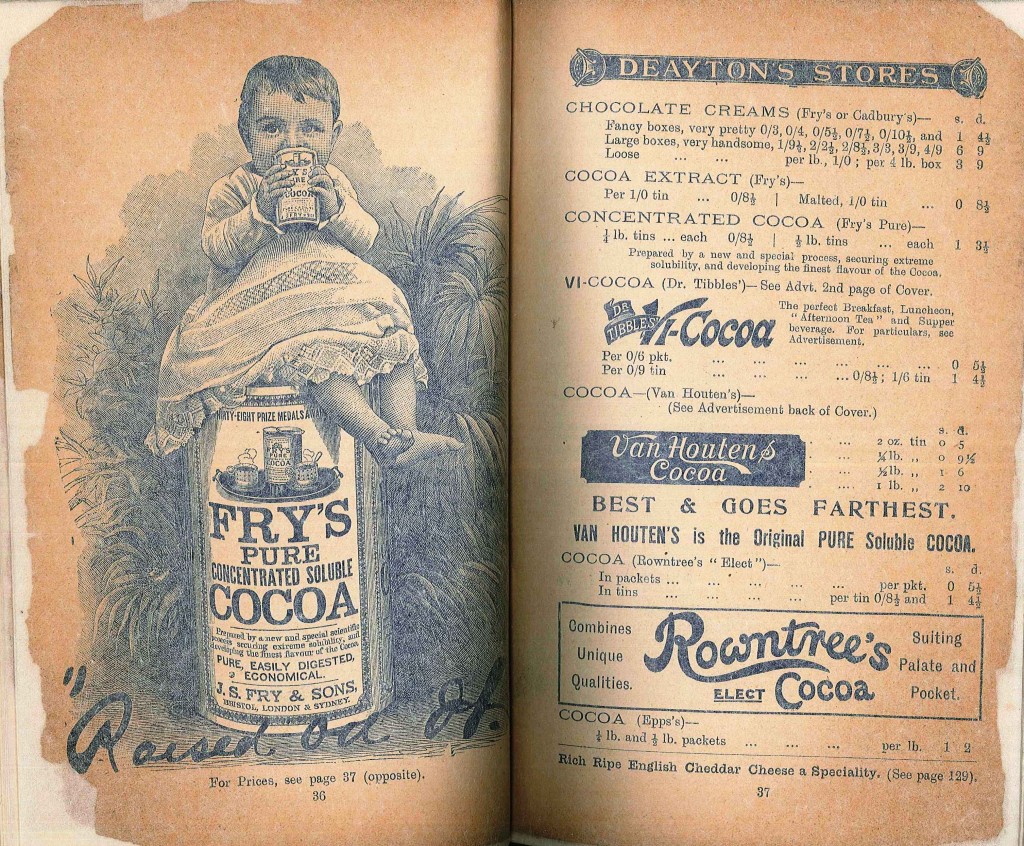Follow the Drum: The Domestic Front
The latest post from our Follow The Drum series documenting life in the borough during World War I, this month we look at how war affected domestic lives.
Throughout the month of August 1914 the local banks experienced heavy business in paper currency though at this stage there was no rush on gold. This was because the Chancellor of the Exchequer had warned in August 1913 about the potential for a rush on gold reserves and had issued instructions to Bankers to put as much gold as possible into the Bank of England’s reserves. Consequently there was a short supply of £1.00 notes and much public demand for them.
However, there had been a rush on buying food supplies in Richmond, with a negative impact on poorer households. This resulted in merchants and shops having to work through the night to meet demand, disrupting normal opening times. Some of the local population had to be content with receiving less than they ordered. By the second week of August shops were gradually returning to normal trading hours. Once the panic buying subsided the shop-keepers were able to slow down the upward trend in food prices. For instance, at that time tea was not going up, whereas according to local traders butter, eggs and bacon were likely to go up in the future.
Local traders had to adopt new practises and strategies. Messrs. Keay of 3, 5 and 7 Hill Rise and 6 Bute Gardens were able to keep prices under control by hiring vans and dealing direct with warehouses. This enabled them to keep pace with the rush and to replenish their stores (except for a few cereals and biscuits). Meanwhile, due to a lack of space at the Home & Colonial Stores, (branches in The Quadrant and also Twickenham, Teddington, East Sheen) coped with the rush by altering opening times and days. As each batch of customers was allowed in the doors were closed. Their shops closed on Mondays and Thursdays to better be able to prepare for the customer requirements on Fridays and Saturdays.
Over the course of the war stringent Food Controls were applied and these are documented in the local Council Minutes held in Local Studies. Lists of people who did not abide by these strict regulations were published in the minutees, along with fines levied. More information is held in the Local Studies Library & Archive.
Read older posts from the Follow The Drum series here on our blog.

